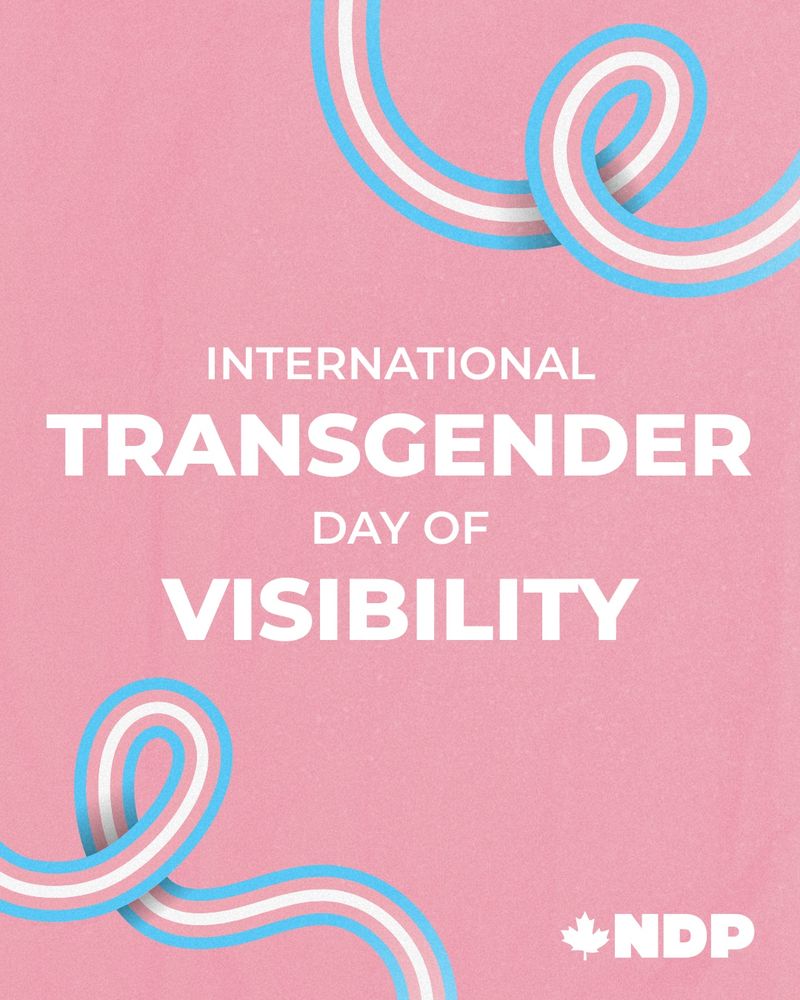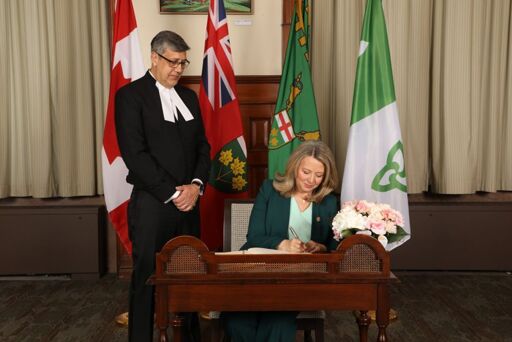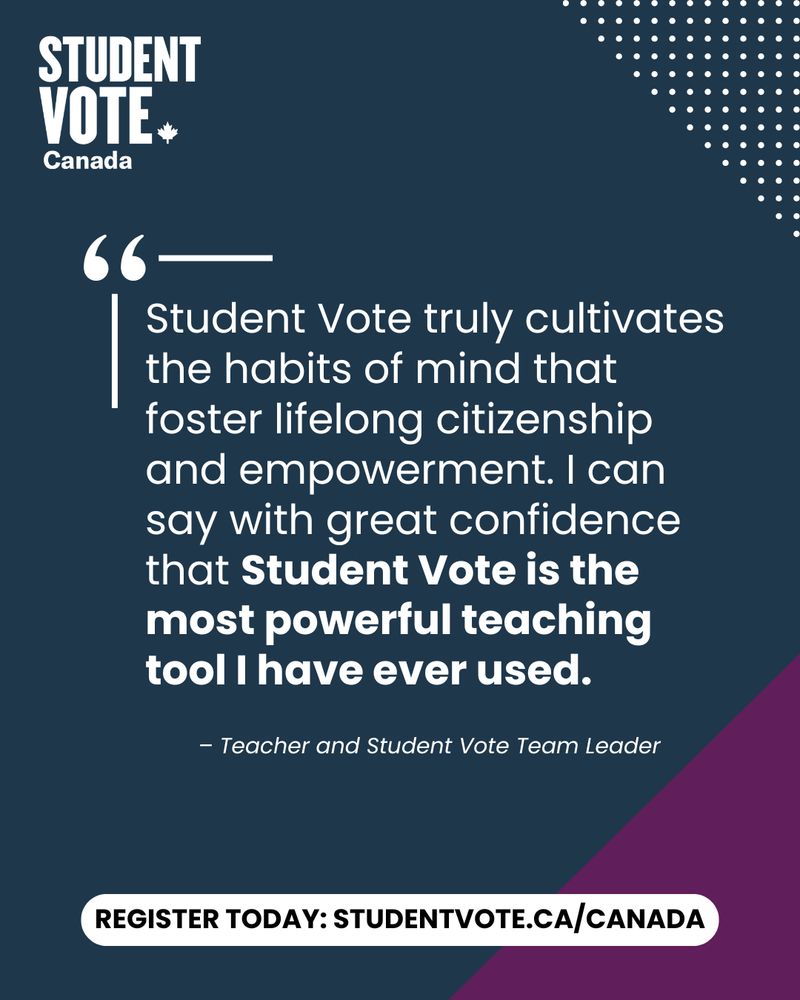In the long run, the only viable solution is proportional representation: A Simple Guide to Electoral Systems.
List of American owned media pretending to be Canadian, infiltrating Canadian culture and politics.
- 193 Posts
- 145 Comments


If we had proportional representation, we could vote for parties that took serious action. Instead, we’re still playing this same broken game.

 1·6 hours ago
1·6 hours agoThe comparison to Kormos is apt - both were/are principled politicians who sometimes found themselves at odds with party leadership while maintaining strong connections to working-class voters.
Leadership races are fascinating because they represent those rare moments when party members directly influence their party’s direction. The 2017 NDP leadership race was particularly significant with four distinct visions for the party’s future. Angus represented a return to labor-focused progressive populism that might have positioned the NDP differently in our political landscape.
What I find interesting is how much our First-Past-The-Post system shapes these leadership decisions. Parties feel pressured to select leaders they believe can “break through” rather than necessarily representing their core values. Under proportional representation, parties would be freer to choose leaders who authentically represent their vision without the strategic calculation of “electability” in swing ridings.
The NDP’s consistent support for proportional representation is one thing I appreciate about them, regardless of who leads the party.

 3·6 hours ago
3·6 hours agoYou raise an excellent point about the value of difficult conversations in policy-making. It’s refreshing to see some retirees willing to contribute solutions rather than politicians making assumptions about what people will or won’t accept.
This approach of actually consulting citizens on tough choices is exactly what good governance should look like. The idea that wealthier retirees might voluntarily accept reduced benefits to help both poorer seniors and younger generations demonstrates the kind of intergenerational solidarity we need.
But you’ve identified exactly why this rarely happens - our electoral system creates perverse incentives. Under First-Past-The-Post, politicians focus on winning pluralities in individual ridings rather than building consensus. The result is exactly what you described: avoiding reasonable but potentially unpopular conversations at all costs.
In countries with proportional representation, we see more of these nuanced policy discussions because parties don’t have to appeal to the mythical “middle voter” in every riding. They can be honest about trade-offs and still maintain representation.
The conversation about retirement benefits is precisely the kind that gets distorted when politicians are forced into binary positions by our winner-take-all system.

 1·6 hours ago
1·6 hours ago- Almost certainly, they have tabling booths with many print-outs. Here is a link to their Media Kit.
- Also see: Simple things you can do right now, to grow the proportional representation movement—so we never have to vote for the lesser of the evils, have a two party system, “split the vote”, or strategic vote.
- If you want higher quality images, message me directly!

 1·7 hours ago
1·7 hours agoFair Vote Canada, is pretty much all volunteer run. So they are very resource constrained!

 5·18 hours ago
5·18 hours agoThank goodness someone is posting here other than me! Let’s grow the proportional representation community we want, together!













Not really. You can have one without the other.
We also need general politics posts to grow the movement to new people who have never heard of proportional representation before. I’ve generally tried to keep topics to democracy, or from PR supporting parties, or PR itself. It’s not like there are no rules.
This isn’t what I’ve found to be the case based on the community statistics I’ve been tracking every day. The data suggests more activity consisent with what I’ve mentioned earlier (topics to democracy, or from PR supporting parties, or PR itself).
I’m sorry that you believe this is not what the PR community needs, but if you can come up with more PR content, by all means post them to the community. I’m just a volunteer, so you really shouldn’t be expecting anything from me for a free service.